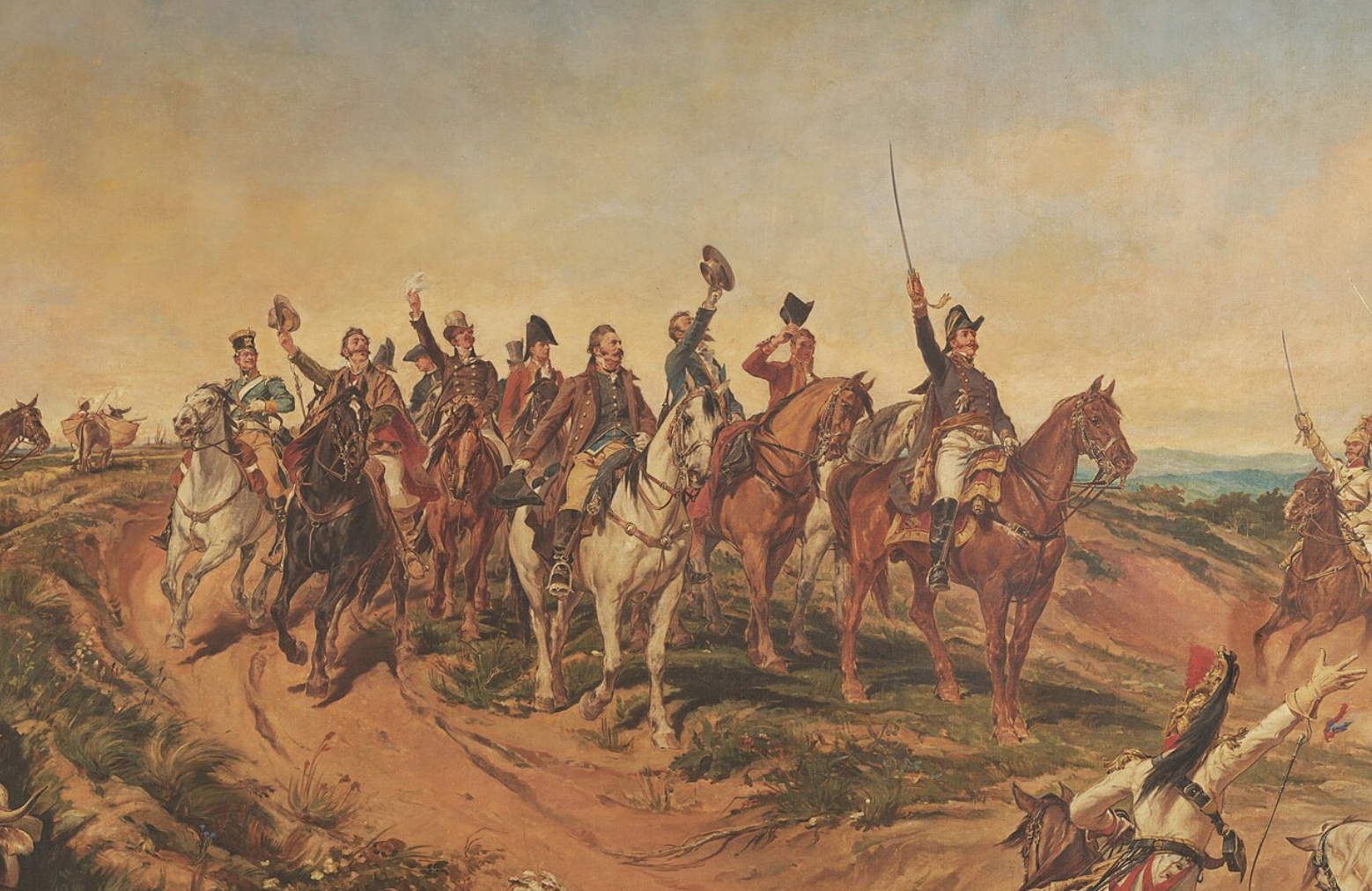Featuring Bryan Pitts, assistant director of the Latin American Institute at UCLA and author of Until the Storm Passes: Politicians, Democracy, and the Demise of Brazil’s Military Dictatorship.

Episode 1
Explores the indigenous civilizations populating the land that would become Brazil before European conquest, how the Portuguese stumbled upon the region in 1500, the role of the nascent colony in the development of capitalism, how indigenous communities became embroiled in inter-European powers’ rivalries, and where things stood at the dawn of the 17th century.
Episode 2
Picks up in the 17th century at the start of the sugar boom and all that comes along with it. They discuss sugar cultivation’s connection with the slave trade, the mechanics of trafficking people from Africa to Brazil and what distinguished the Brazilian model of slavery, the capitania system, the advent of gold mining, how sugar and mineral resource extraction contributed to proto-capitalism, and more until the Age of Revolutions.
Episode 3
We’re now into the 19th century and Brazilian independence. The group discusses what led to this moment, the changing racial dynamics, liberalism in Brazil vs its European form, the emergence of coffee as its predominant commodity, the Paraguayan War, the modernization period, and more through the 1889 coup.
Episode 4
This episode starts in the late 19th century with Brazil’s “racial democracy”, exploring the rise of rubber as a primary commodity, industrialization, the abolition of slavery, Getúlio Vargas and the Revolution of 1930, and more through the end of World War II.
Episode 5
The discussion picks up in the postwar era, covering Getúlio Vargas’ fall from power, his famous “Carta Testamento” letter, the country’s rural-to-urban migration, President Juscelino Kubitschek and developmentalism, the 1964 military coup, and more through the end of the military dictatorship in the mid-1980s.
Episode 6
We’re now in the post-dictatorship era, with the group delving into the 1988 constitution, the economic and political situation of the 1990s, Lula da Silva’s political rise, he and the Workers' Party’s programs during his first term, Lula’s ousting and Dilma Roussef succession, the rightward turn and rule of Jair Bolsonaro, and what we can take away from the series now that we have explored Brazil’s transformation over 500 years.